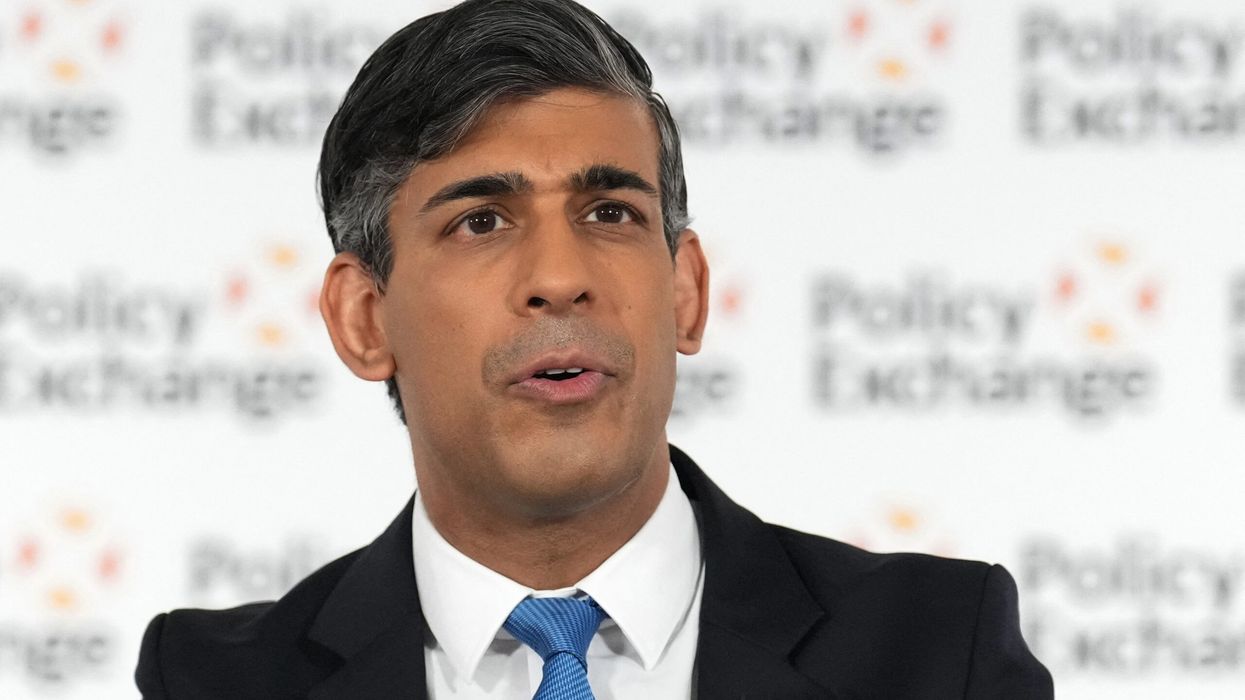Prime minister Rishi Sunak has called for a national election on 4 July, ending 14 years of Conservative Party rule.
Voters are expected to decide on key issues including the economy, healthcare, immigration, and climate policy as they choose the next government.
High inflation, a struggling NHS, immigration concerns, and the challenge of meeting climate goals are major topics in the election. These issues might influence voter decisions as Britain heads to the polls.
Here are details of some of the key issues facing Britain as it decides its next government:
ECONOMY
Over two years of high inflation have significantly impacted voters' living standards. Although wages are now rising faster than prices, living standards are expected to be lower than they were during the last election in 2019.
The economy saw growth in early 2024 after a brief recession in the latter half of 2023. However, weak investment, slow productivity growth, and a worker shortage are hampering the outlook, with no rapid improvement forecasted.
Slow economic growth and high public debt restrict the potential for increased government spending, already strained by inflation increasing the cost of public services.
Higher interest rates have also raised the cost of servicing the debt incurred to protect the economy during COVID-19 and the 2022 energy price spike.
HEALTH
Many British voters value the National Health Service (NHS) but feel it is not meeting their needs.
Britain spends about 142 billion pounds (£142 billion) annually on the NHS, which must cover an ageing population with rising medical costs.
Strikes by doctors and nurses, staff shortages in some sectors, and a backlog from the coronavirus pandemic have resulted in long waiting lists for basic procedures and consultations.
Health issues are also keeping working-age people out of the labour market, adding upward pressure on inflation.
IMMIGRATION
Immigration has been a central issue in British politics for over a decade. A February poll by Ipsos showed 37% of voters cited it as a very important factor in their voting decision, making it the fourth most-chosen response.
Concerns about immigration numbers contributed to the 2016 Brexit vote and drive the government's current efforts to deter migrants crossing in small boats by proposing to send them to Rwanda upon arrival.
A March study by the National Centre for Social Research showed 65% of people believe the government should do more to prevent illegal immigration. However, the same study indicated that more people view immigration positively than negatively.
CLIMATE
Britain has committed to achieving net zero emissions by 2050 and the government is legally required to have a credible plan to reach this target.
However, the costs of adhering to this target, particularly when passed to consumers through higher energy bills and other expenses, have caused some voters to oppose the net zero goal.
While polls indicate public support for the net zero target, there is resistance when policies to implement it are seen as unfairly distributing costs. Sunak's government has already relaxed some unpopular policies.





